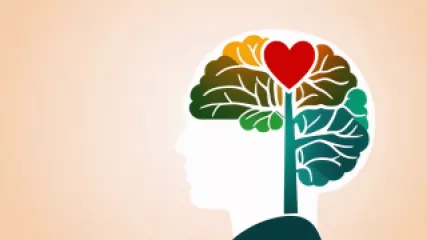Mental Health Myths Debunked: A Step-by-Step Guide
před 1 rokem
Vyvrácení mýtů o duševním zdraví
My Journey as a Caregiver: Navigating the Challenges of Stress
před 1 rokem
Stres pečovatelů
Mastering Different Learning Styles for Effective Coaching Services
před 1 rokem
Styly učení
The Power of Online Therapy for Relationship Building in Friendships
před 1 rokem
Psychologie přátelství
Mastering Academic Stress: The Ultimate Guide to Overcoming Pressure
před 1 rokem
Zvládání akademického tlaku
The Power of Mindfulness in Coping with Stress
před 1 rokem
Strategie zvládání
Building Stronger Bonds: A Parent-Child Relationship Interview
před 1 rokem
Vztah rodič-dítě
Overcoming Adversity: My Journey to Emotional Well-Being
před 1 rokem
Strategie emočního zdraví
How to Enhance Your Intuition with Simple Tools
před 1 rokem
Rozvoj intuice
Effective Steps for Managing a Breakup with Online Breakup Therapy Sessions
před 1 rokem
Zvládání rozchodu
5 Lessons from Movies to Provide Assistance for Senior Parents
před 1 rokem
Stárnoucí rodiče
5 Movie Lessons That Debunk Mental Health Myths
před 1 rokem
Vyvrácení mýtů o duševním zdraví
Insights from Leading Intuition Experts
před 1 rokem
Rozvoj intuice
Navigating Ethical Dilemmas in Counseling: A Call for Thoughtful Reflection
před 1 rokem
Etická dilemata
Dispelling Mental Health Myths: An Insider's Perspective
před 1 rokem
Vyvrácení mýtů o duševním zdraví















